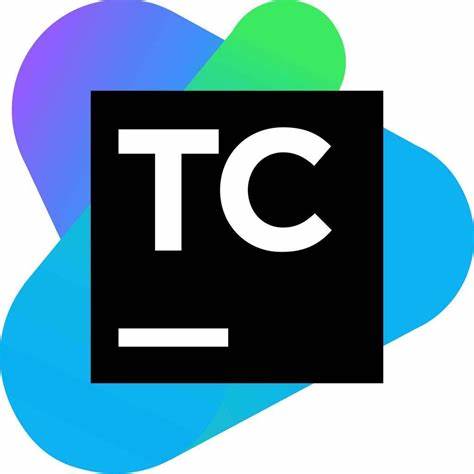First of all you have to figure out what an NFT is.
Here is what Forbes says about it: An NFT is a digital asset that represents real-world objects like art, music, in-game items and videos. They are bought and sold online, frequently with cryptocurrency, and they are generally encoded with the same underlying software as many cryptos.
Sometimes people pay many millions for an NFT but you don’t actually own anything. Typically you get an entry on a blockchain somewhere (AKA a receipt) and a link to whatever the NFT is. Of course, that link could be dead tomorrow. Even if you just spent a hundred grand for it. And good luck getting the cops to get your money back for you.
Indy100 says that hackers used various loopholes to steal $12 billion worth of NFTs in 2021. A lot of times the attacks are simple social engineering attacks. No need to break the blockchain. THE TRUTH IS THAT THE REAL NUMBER IS MANY TIMES THAT ONE BECAUSE MOST PEOPLE DON’T REPORT THEIR LOSSES EITHER BECAUSE THEY KNOW THAT IT IS FRUITLESS OR THEY ARE EMBARRASSED.
Futurism says that 80% of NFTs are spam, scams and fraud. If you are a glass partly (less than half) full kind of person, you could say that 20 percent of NFTs appear, on the surface, to be legit.
OpenSea, one of the largest online NFT marketplaces — announced this week that a solid 80 percent of the NFTs minted through its free creation tool are spam, scams, or otherwise fraudulent.
And artists all over the place are saying that people are stealing their IP as NFTs.
“Someone made a profile on OpenSea and took everything from my Twitter profile,” a user identified as Holley said. “Now they are selling my art as NFT.
Most NFTs are copyright infringement but you have to catch the crook first and then figure out how to prosecute them.
Every now and then the cops catch someone. In one case (actually, technically, it is four separate cases) they are prosecuting 6 people for stealing $130 million. This includes stealing tens of millions from investors who think they are going to get rich. Someone may get rich, but it isn’t the investors. Credit: LA Times . One of the people in one of these scams faces 40 years if convicted.
And The Guardian is saying with investors worldwide looking at a collective $1.5tn in recent cryptocurrency losses, a blizzard of class-action lawsuits are being prepared. One big question is: who, if anyone, is to blame – and who could be held to account?
That is $1,500,000,000,000. That is a lot of money.
Some celebs like Kim Kardashian are being hauled into class-action lawsuits for pushing these things.
What could get the celebs in trouble is that they get paid to be influencers. I’m old but why would I believe that someone like the Kardashians understand crypto well enough that I should trust their advice on the subject.
Matt Damon was a spokes-shill for crypto.com and said that “fortune favors the brave”. Not sure how much he had invested in crypto.
The feds have started to go after a few of these scams. The DoJ is going after Nathaniel Chastain, former employee of OpenSea with wire fraud and money laundering charges in connection with a scheme to trade NFT assets. They need to prosecute a lot more people.
But prosecuting is difficult. Do you think YOU could explain NFTs to a jury and then convince them there is fraud going on?
Right now the courts haven’t decidedly figured out whether this stuff is even a security. Based on the old Howey test from a Supreme Court decision from 1946, there are 4 pillars that determine whether a financial asset is a security. People invest money. In a single business. With the expectation of making money and the profit does not come from your work. The courts have made mixed decisions on this. Seems pretty clear to me.
Of course, the crypto/NFT business says to trust them. At least until they can make their trillions and cash out.
One researcher says that NFT and Crypto losses are believed to hit $25 trillion. And Counting. Credit: SC Magazine
In the mean time the losers are the average Joe and Jane who get the shaft.
I continue to tell people – only invest your coffee money and do not, under any circumstances, invest your rent money. Credit: The Guardian




